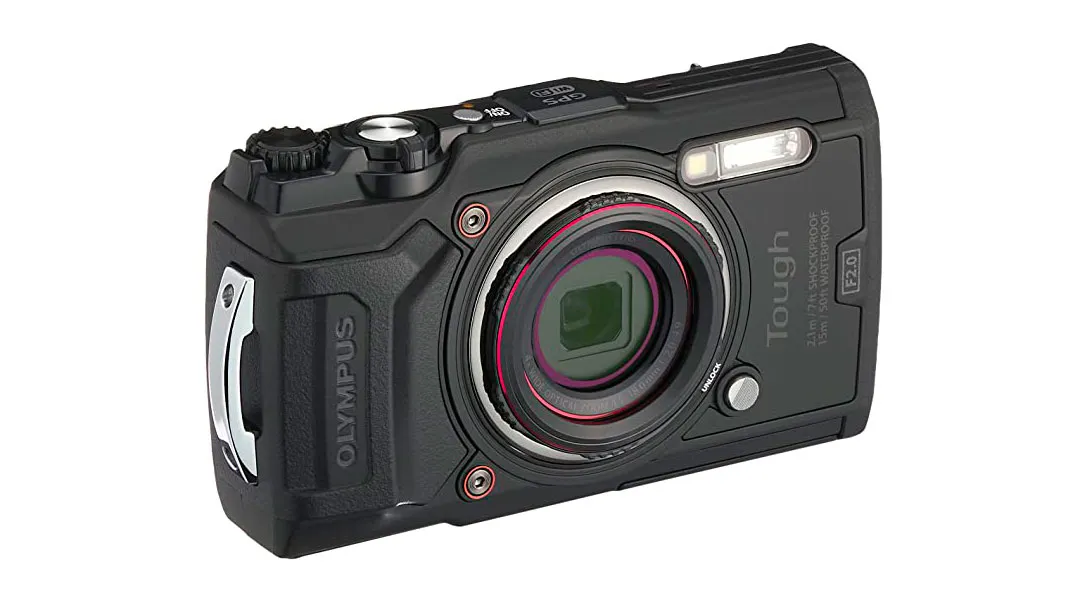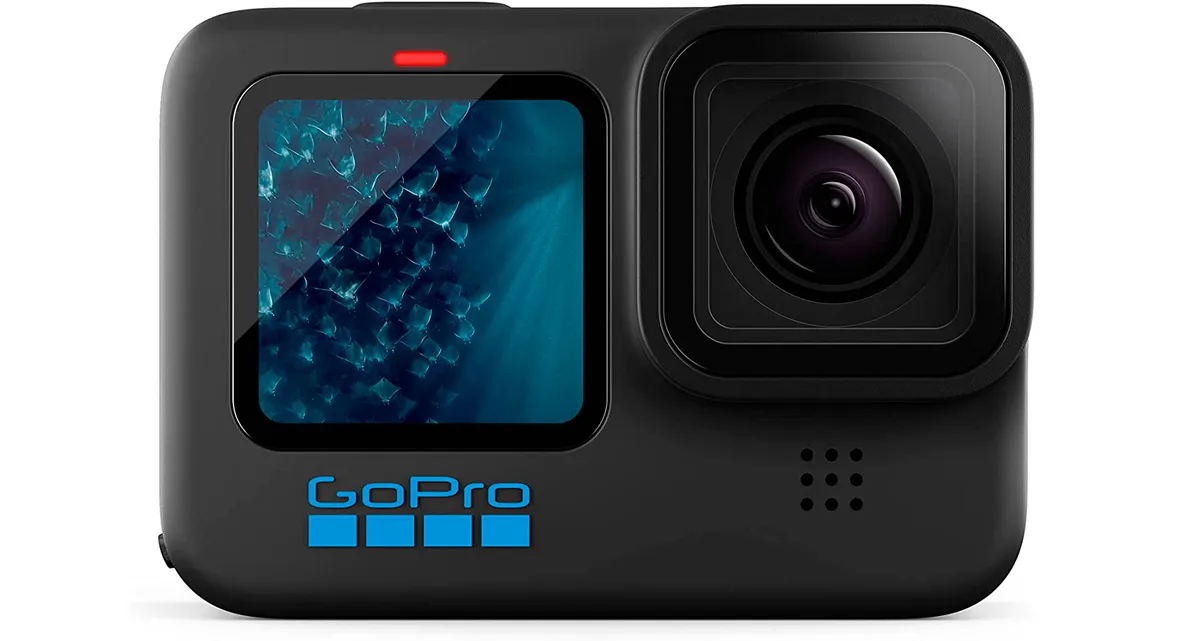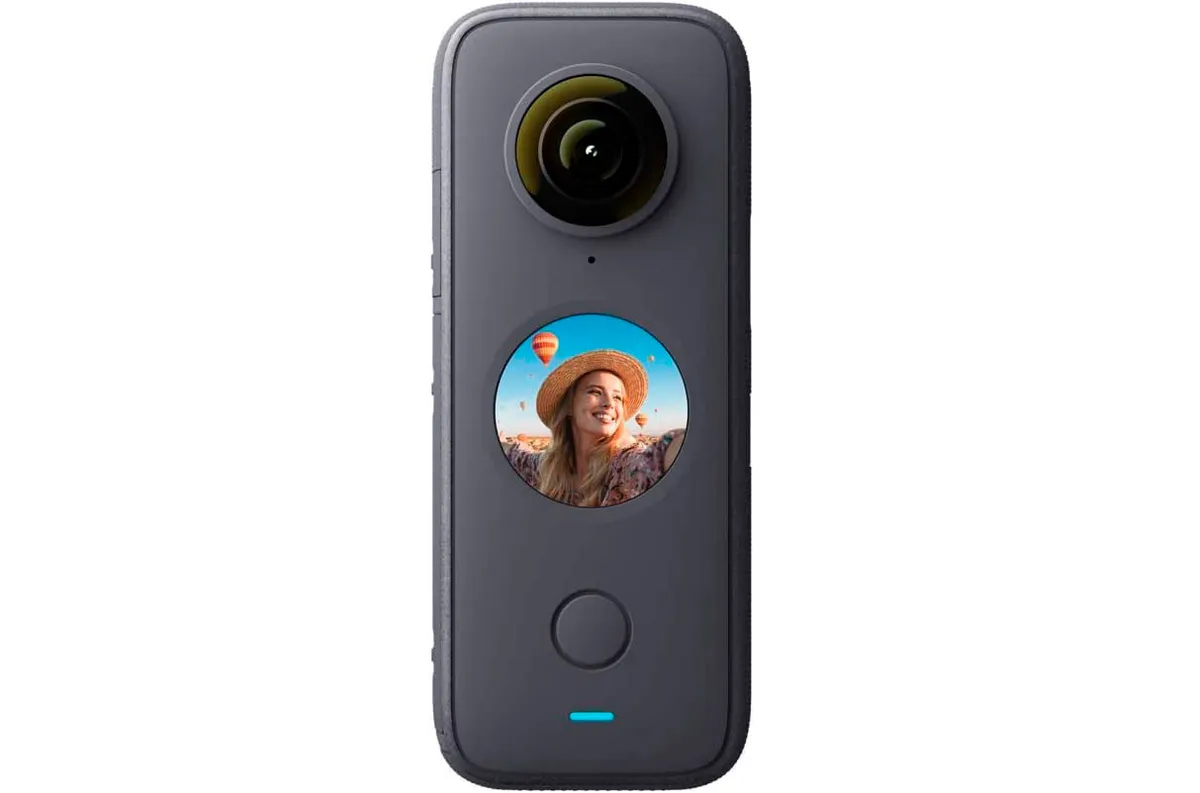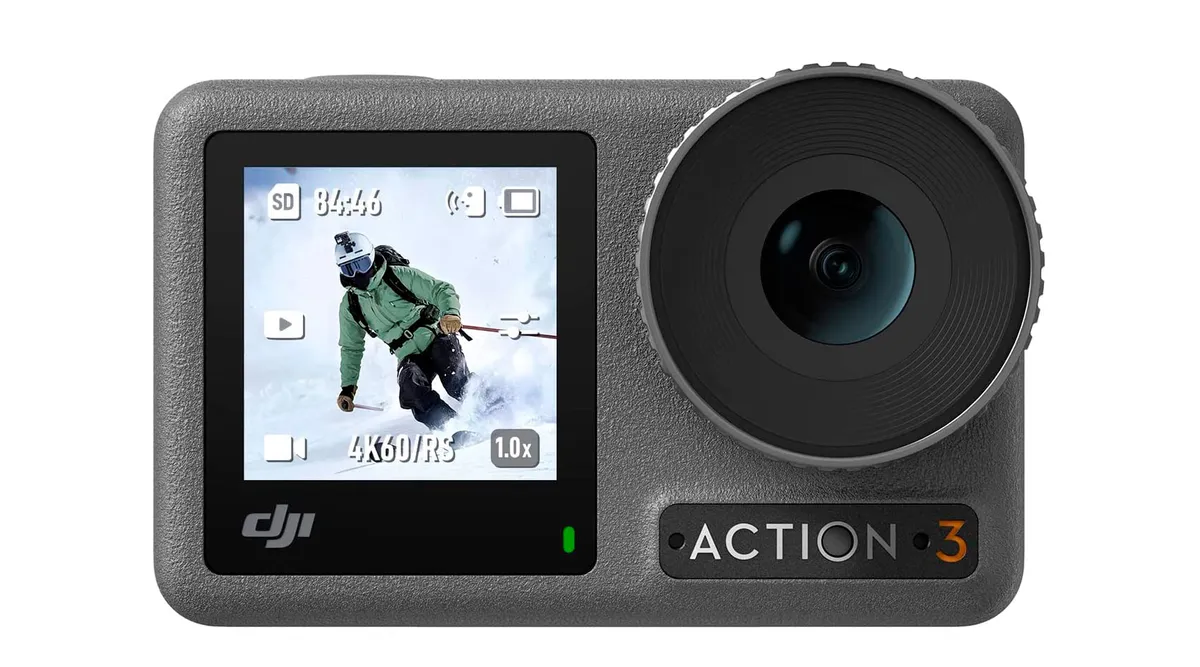If you get a chance to go on holiday this summer, you might be tempted to try some underwater photography. You might not be willing to spend thousands on the very best underwater camera, but there are plenty of options for you, whatever your budget.
We asked Saeed Rashid, editorial consultant for Diver magazine, for his ultimate underwater photography kit bag, but if you can't commit to a full waterproof camera setup, an action camera and a sense of adventure are all you need.
What is it about underwater photography that makes it special?
Every time you jump into the water, you don’t know what you’re going to see, and that makes every single dive really exciting. With land photography, you’ll likely set out with an idea of what you want to capture and the kit you’ll need, and nine times out of 10 you’ll get it.
When you dive, you don’t have that guarantee. You have to try and prepare for every situation and take each dive as it comes.
But there is just something so special about being underwater and seeing what so few people get to see. Being able to capture those things in pictures and share them with others – there is no other feeling like it.
What are the biggest challenges to underwater photography?
We don’t have the luxury of tripods like land photographers do, so when capturing macro shots that require a steady hand, you’re often just using one finger to stabilise yourself on a bit of rock, and that’s it.
We also don’t have long down there – the average time is an hour per dive. If the weather and visibility are good, we might be able to get down four times in a day, but conditions can change quickly so it’s never a given.
Plus there’s the difficulty of light. We work with the Sun as much as possible, but as you get deeper you need strobes to lighten up your subject. It’s like taking a mini photo studio down with you!
How has your kit bag changed over the years?
The first one I used was a really cheap underwater camera that I bought in duty-free on my way to Australia in the late 1990s. It could take 36 pictures at a time on film, and you would go through rolls and rolls of film just to get a few shots you liked.
Now, I shoot on a Canon 7D Mark II (see below) and generally use one of three lenses – a Tokina 10-17mm fisheye lens for wide angle, and either a Canon 60mm or a Sigma 105mm for macro shots. On top of that, you need the waterproof housing – mine is from Nauticam – and strobes for lighting.
It’s not cheap. A top-end system can cost the best part of £10,000, but even a decent entry-level underwater camera setup is going to cost you upwards of £2,000.
So how can people get started?
It depends on how seriously you want to take it. A good action camera is the best place to start, and you can get pretty decent shots for hundreds of pounds, rather than thousands.
Then, if you get the bug, you can start building an underwater compact camera setup from there – I always recommend people buy second-hand to start with as you’ll always find someone upgrading their kit and selling their old setup at a decent discount.
Do you need to be handy with Photoshop?
Absolutely. Like with all photography, you can get it right in camera but it’s less likely, and much more difficult when you’re in the water. Even on the best day for visibility, it can still look like there’s a snowstorm in your shot.
Being able to remove all that sediment – or what we call backscatter – in an edit is essential to getting the most from your shot, as is being able to replace some of the colours you’ve lost with lack of light.
Where is best for underwater photography?
You don’t have to travel. Seals and blue sharks are among my favourite things to photograph, and you can find them both in waters around the UK. Just five hours away, Egypt is a diver’s playground and further afield, the reefs of Indonesia are breathtaking.
But for all the beauty we have, I am also really aware of what we are losing. I feel I have a duty as an underwater photographer to share as many pictures as possible, of the good and the bad, so people know how amazing it is down there, but also see what we are doing to it, too.
What are the best underwater cameras to buy?
Olympus Tough TG-6 action camera

The Olympus Tough TG-6 isn't exactly the most stylish camera, but what it lacks in looks, it makes up for in features.
Despite its relatively affordable price tag, this Olympus camera is waterproof up to 15m, shatterproof, frostproof and shockproof.
It has a double-glazed protective glass construction and anti-fogging protection image sensor, as well as temperature sensors and GPS.
While you would think it being built to survive an apocalypse is enough to make this stand out, it is also a fantastic camera.
GoPro Hero 11

GoPro has been the go-to brand for action cameras for years now. The GoPro Hero 11 is the culmination of the brand's years of experience, offering a camera that is built to be knocked about.
It is waterproof up to 10m and can survive snow, mud, dirt and whatever you plan to throw at it.
The GoPro Hero 11 offers 5.3K video shooting capabilities and also allows for excellent images even in the shakiest of situations thanks to image stabilisation technology.
Insta360 One X2

Insta360 has quickly become one of GoPro's biggest competitors.
The Insta360 One X2 is waterproof up to 10 metres and even features technology known as 'AquaVision'. When turned on in the brand's app, you can auto-balance colours to correct for watery shots.
You can shoot video and take photos in 360 degrees and if you use a selfie stick, the camera's AI technology will be able to make it invisible.
DJI Osmo Action 3

The DJI Osmo Action 3 is going to be one of the best cameras for divers as it is waterproof up to 16m. It also has a 160 minute battery life, giving you plenty of time to complete your dive and resurface.
If you plan on using this camera for other adrenaline-pumping activities, DJI's 'HorizonSteady' technology will help to balance out your footage, completely removing those arm jitters you might be facing.
Need more gadgets?
This is just a selection of the best underwater cameras and should give you a guide as to what to look for, whatever camera budget you might have. If underwater photography isn't for you, why not check out our other gadget guides - we have everything from cool gadgets to camping gadgets ready for you to scratch your itch for new tech.
